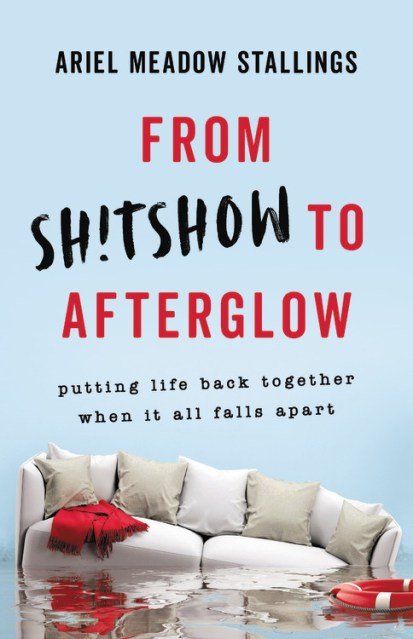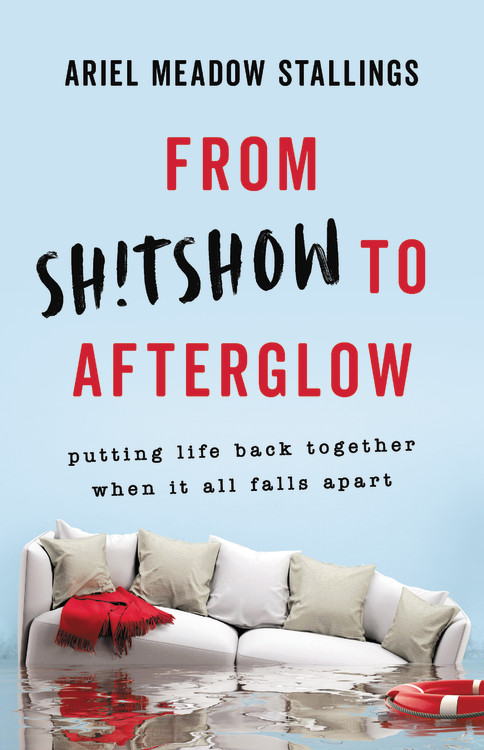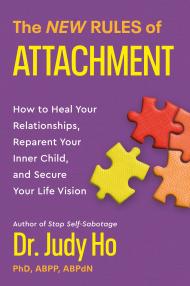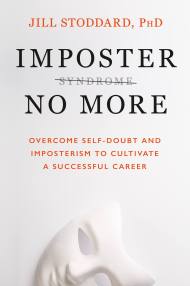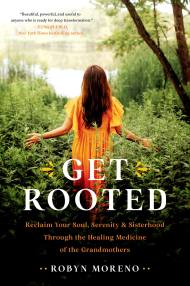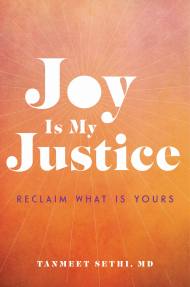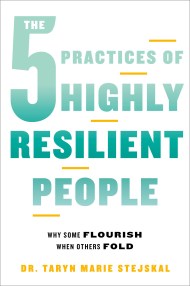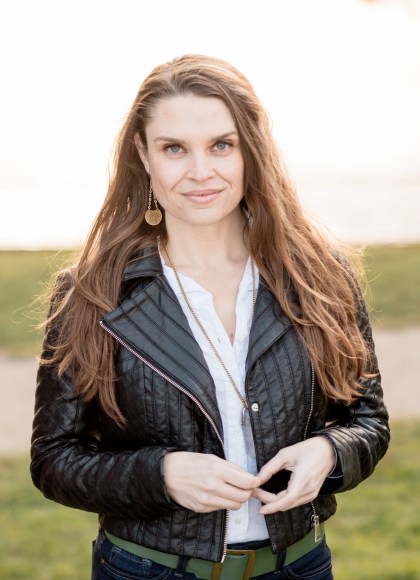Promotion
Use code MOM24 for 20% off site wide + free shipping over $45
From Sh!tshow to Afterglow
Putting Life Back Together When It All Falls Apart
Contributors
Formats and Prices
Price
$28.00Price
$35.00 CADFormat
Format:
- Hardcover $28.00 $35.00 CAD
- ebook $16.99 $21.99 CAD
- Audiobook Download (Unabridged)
This item is a preorder. Your payment method will be charged immediately, and the product is expected to ship on or around July 21, 2020. This date is subject to change due to shipping delays beyond our control.
Also available from:
Rebound after loss, grief, and the other cruel crises life throws your way with this irreverent guide — the perfect anti-self-help book.
Sometimes your foundation crumbles. Sometimes you realize there wasn’t a foundation to begin with. Maybe your relationship ended in a breakup or divorce, or you lost your job, or a loved one died. Whatever crisis showed up to screw with you, it brought everything else crashing down, and suddenly life became confusing, disorienting, out of control. A total shit show. You. Need. Help.
Therein lies the problem: Traditional self-help guides just aren’t for you. You’re an individualist, an iconoclast, a follow-your-own-drumbeat kind of person. The typical sunshine-and-rainbows, “live your best life!” books in the “personal growth” aisle aren’t going to speak to your worldview — you need an embrace-your-weirdness vision for growth and rebuilding.
Enter Ariel Meadow Stallings, who has experienced a few life catastrophes of her own and emerged from them with newfound clarity and strength. In From Sh!tshow to Afterglow, she offers a lifeline of support and outside-the-box thinking for times of crisis and confusion, sharing plenty of tactical tips for getting your shit together. Along the way, she never lets readers forget that sometimes a life has to be taken apart before it can be put back together better than ever.
Without sugar-coating how deeply it sucks to have your world shattered, From Sh!tshow to Afterglow gives readers a reassuring plan to for putting the pieces back together and emerging stronger than ever.
Genre:
- On Sale
- Jul 21, 2020
- Page Count
- 288 pages
- Publisher
- Seal Press
- ISBN-13
- 9781580059633
Newsletter Signup
By clicking ‘Sign Up,’ I acknowledge that I have read and agree to Hachette Book Group’s Privacy Policy and Terms of Use
